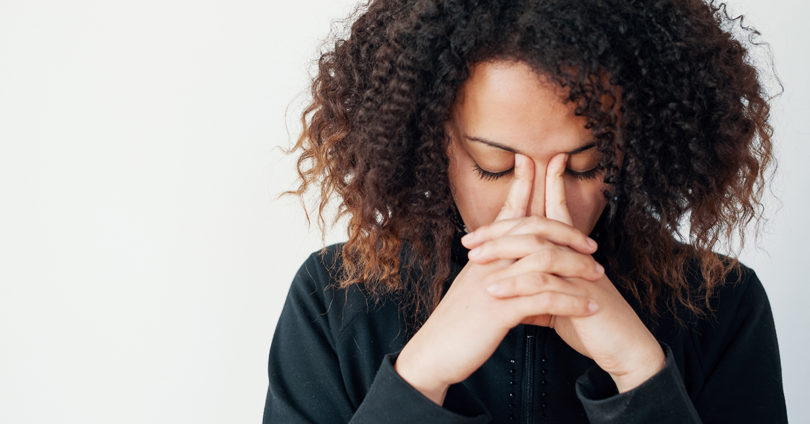After nine months of anticipation, preparation and baby showers, you’re finally holding your baby and wondering “Why am I feeling like this?” Instead of the happiness you expected, you feel tired all the time and do not look at the little one feeling over the moon with happiness.
Our clinic works with women with postpartum depression and we help women every day. We want to assure you, you’re not alone. Roughly 10 to 15 per cent of women in Canada experience postpartum depression, and even more experience it with milder symptoms. Here are some tips and advice for women and their families.
When is it not “just the baby blues?”
The reality is that many women feel a bit down, tearful or anxious following the birth of their baby. The “baby blues” are very common and shouldn’t last more than a couple of weeks after giving birth. If your symptoms last longer, you may have postpartum depression.
What are the symptoms of postpartum depression?
Every woman is different, but most women with postpartum depression show several of these symptoms:
- Persistent feelings of sadness and low mood
- Lack of energy and feeling tired all the time
- Crying a lot, feeling very sensitive
- Lack of enjoyment in doing things you used to enjoy before having your baby
- Withdrawing from family and friends, and not wanting contact with other people
- Difficulty bonding with your baby
- Trouble sleeping at night, or sleeping too much, not being able to sleep when baby sleeps
- Loss of appetite, or eating much more than usual
- Thoughts about not being a good mother
- Frightening thoughts about hurting your baby or yourself
- Problems concentrating and making decisions
What causes postpartum depression?
We’re not really sure what causes postpartum depression, but hormonal issues around childbirth are linked. After you have your baby, you experience a pretty dramatic drop in estrogen and progesterone, two hormones that can contribute to postpartum depression. As well, there are some hormones produced by your thyroid gland that may also drop. The combination of these things can make you feel very tired and depressed.
There are other factors that can also contribute to developing postpartum depression, including if your baby has health problems, you’re having difficulty breastfeeding or have had a recent stressful life event, like the death of a loved one or job loss. There are other issues that may put you at a higher risk, like having problems with your partner, an unplanned or unwanted pregnancy, as well as financial problems or a weak support system. There also seems to be a stronger connection for women who have a history of depression, have bipolar disorder, or a family history of depression or mood disorders.
When should you get help?
We have cared for many women who push aside their feelings, and end up waiting too long to get help. There is no need to feel embarrassed or reluctant to get help. Postpartum depression is a medical condition just like asthma or diabetes, but can be more difficult because people do not understand it. You are not alone, and there is support available. Above all else, remember that:
- Postpartum depression is an illness
- It’s not your fault you’re depressed; postpartum depression can happen to ANYONE (Princesss Diana was reported to have postpartum depression, as well as many movies stars such as Angelina Jolie, according to media reports)
- Being depressed doesn’t mean you’re a bad mother; the fact you are taking the step to get help speaks volumes about how much you care about your health, and your baby’s health
What is the treatment like for postpartum depression?
There are a range of effective treatment options for you or your loved one:
- Interpersonal Psychotherapy / Cognitive behavioural therapy or CBT: These types of therapy can be done one-on-one with a therapist or in a group setting, and helps you find new ways of approaching your day.
- Complementary therapies: These can include yoga, exercise, massage and relaxation techniques like deep breathing and guided imagery.
- Antidepressants: Antidepressants help by balancing the mood-altering chemicals in your brain. They often need to be taken for a short time before you start to feel better, and you may need to continue taking them after you start to feel better. Your doctor will recommend medication that is safe to take if you’re breastfeeding.
The bottom line: what you’re going through is a medical illness. We encourage you to visit you family doctor, obstetrician or midwife as quickly as possible. There are many women like yourself going through a similar journey, women like Jennifer and Marianna. There is help out there.








